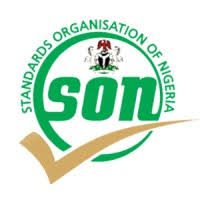
NPA expects 30 ships carrying assorted goods at Lagos ports
The Nigerian Ports Authority (NPA) on Monday said 30 ships conveying assorted goods were expected at Lagos ports from Sept. 19 to Sept. 28.
It listed the items expected at the ports as bulk sugar, bulk urea, butane gas, ethanol, frozen fish, general cargo, base oil, bulk gypsum, bulk wheat, container, bulk salt, automobile gasoline butane/propane gas and fuel.
The NPA also stated that 19 ships were already discharging bulk wheat, general cargo, petrol, frozen fish, container, bulk urea, soya oil, ethanol, butane gas, bulk sugar and automobile gasoline at the ports.
It added that one other ship had arrived the port and was waiting to berth with petrol.



